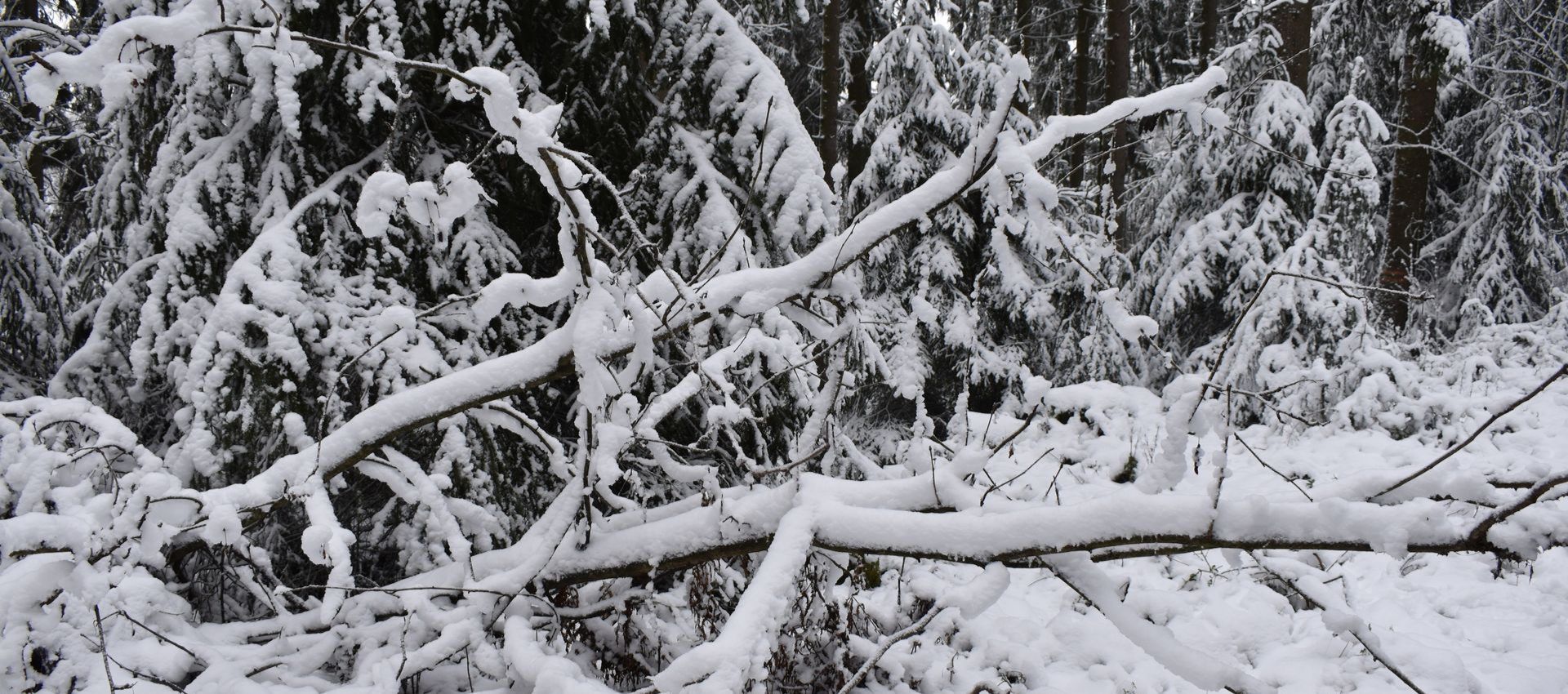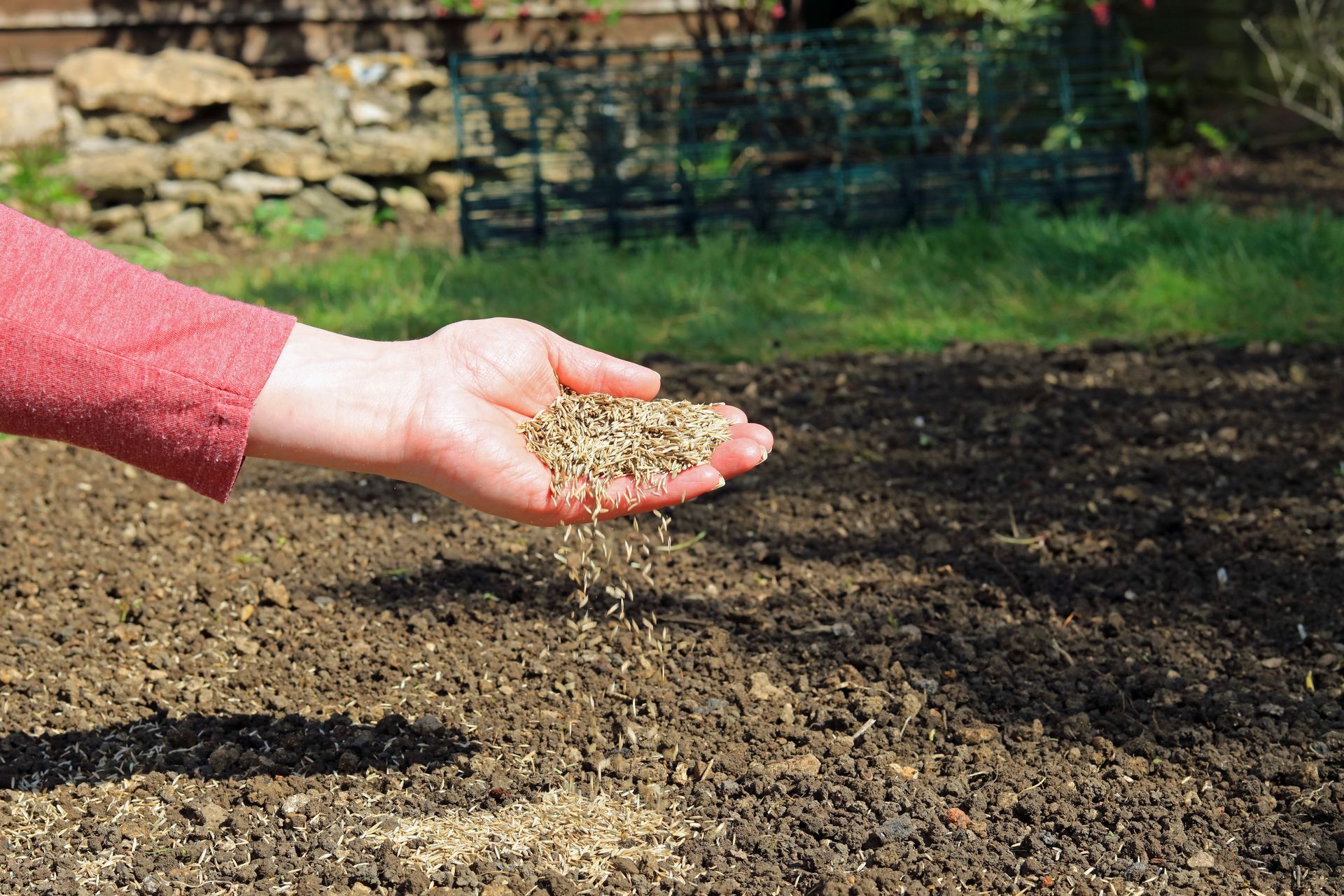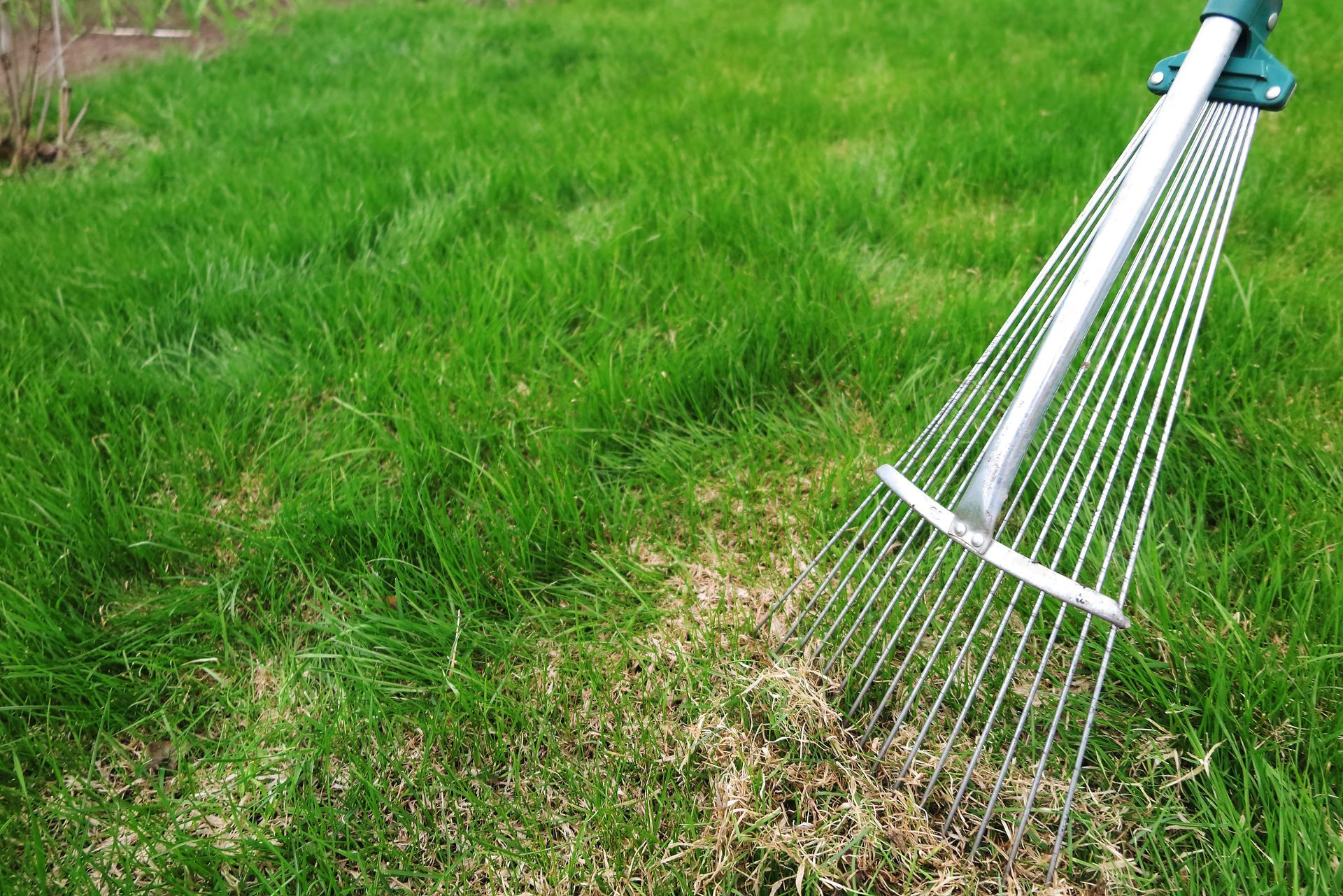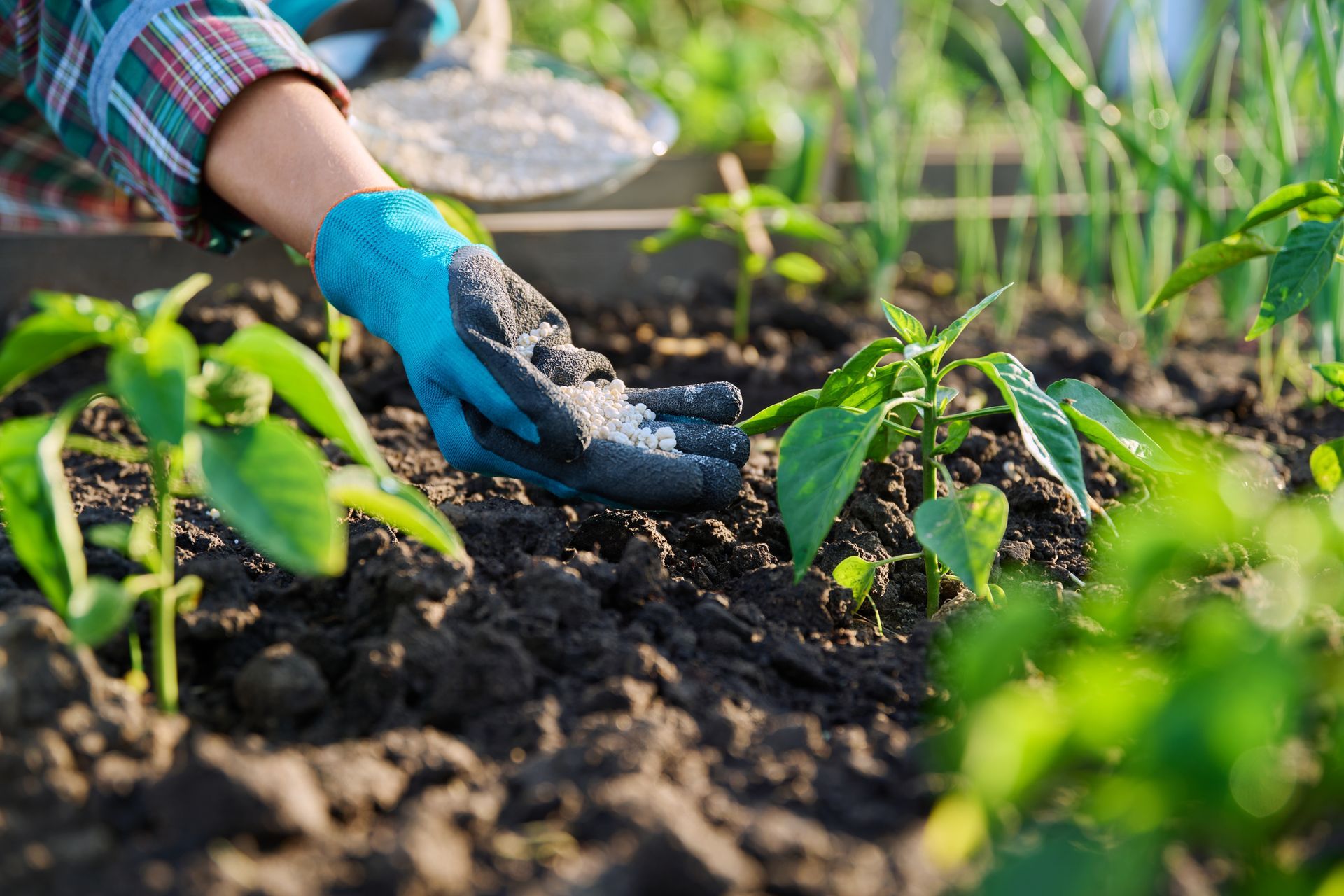September 15, 2022
Winter Risks for Trees and Shrubs: A Guide for MI Homeowners

As winter approaches, trees and shrubs in Michigan face a variety of challenges. Freezing temperatures, heavy snow and harsh winds can take a toll on their health, making it harder for them to thrive in the spring. Understanding these risks is key to keeping your plants healthy and ensuring they return strong next season. Let’s explore common threats to your trees and shrubs and how to protect them during the coldest months of the year.
Dry Roots Are Common in Winter Water
Although it may seem like plants need less care in winter, the opposite is true. Trees and shrubs are more prone to dehydration during the colder months. Without enough water, they are more likely to experience leaf loss and wilting. To prevent this, provide roughly one inch of water per week throughout the winter to keep their roots from drying out. Applying mulch before the first snowfall adds an extra layer of protection, helping the soil retain moisture and shielding roots from harsh winter conditions.
Protect Against Heavy Snowfall
While light snow can actually benefit your trees and shrubs, heavy snowfall can cause problems. When snow accumulates quickly, it can weigh down limbs and even force them to snap. Excess snow can also block out sunlight, which prevents your plants from receiving nutrition from the sun. Luckily, there’s some steps that homeowners can take to ensure heavy snowfall doesn’t weaken their trees and shrubs:
- Remove excess snow – Snow can be brushed off trees and shrubs with a broom. Be careful when doing this so as not to damage the limbs.
- Prune weak branches – Trim any weak or damaged branches before winter sets in. This will give the tree time to heal and lessen the risk of breakage.
- Check for damage after a snowfall – Remove any broken branches, limbs and stems to prevent further injury or disease.
- Protect the base of trees – Applying a whitewash or burlap to the tree’s base can shield it from harsh temperatures, sunscald and frost cracks. After you’ve covered the base, you may want to add mulch, which insulates the roots and helps retain moisture.
Prevent Animals From Grazing
Rabbits, rodents and deer are more likely to snack on trees and shrubs during winter, when other food sources are limited. As a result, they may overgraze and damage the plants in the process. If this is a concern, you may want to deter them with fencing and repellents.
For small animals, a 2-foot-tall fence can stop them from devouring your shrub’s leaves. These fences can be made from chicken wire with a one-inch mesh. It's also important to invest in an apron, which will prevent them from digging under the fence to access the shrubs.
While it’s possible to build an 8-foot fence for deer, this can be costly and time-consuming. Instead, you can deter them with liquid repellent. These repellents are usually non-toxic, which means they won’t harm any animals or people that come into contact with them.
Common Michigan Tree and Shrub Winter Diseases
Several diseases can damage your grass during the winter months. But what about your trees and shrubs? Needle Cast, Apple Scab and Rust are common fungal diseases that plague Michigan trees. They are typically dormant in the winter, but that doesn't mean your tree or shrub is safe.
The spores can spread through the tree leaves, causing significant damage or death in some cases. Evergreen trees, like theSpruce family, are especially vulnerable to Needle Cast and Rust. Applying the correct fungicides can help protect young and old trees throughout winter and the rest of the year.
Can I Apply Fungicides Myself?
While it’s possible to apply fungicide yourself, having a professional handle the treatment is highly recommended. Experts have the knowledge, tools and equipment to effectively treat plant diseases while maintaining safety.
Attempting it on your own can be risky. You may accidentally harm yourself or apply the treatment incorrectly. Mistakes can allow the disease to worsen, potentially leading to higher costs and more extensive damage in the long run.
Protect Your Trees and Shrubs With Visionary Fertilization
If you want to protect your trees and shrubs this winter, Visionary Fertilization is here to help! Based in Shelby Township, we proudly serve Macomb County and the surrounding areas. Call us today at 586-315-4731 for a free estimate, or
visit our website to learn more about our full range of services, which includes outdoor pest control and expert lawn care.




